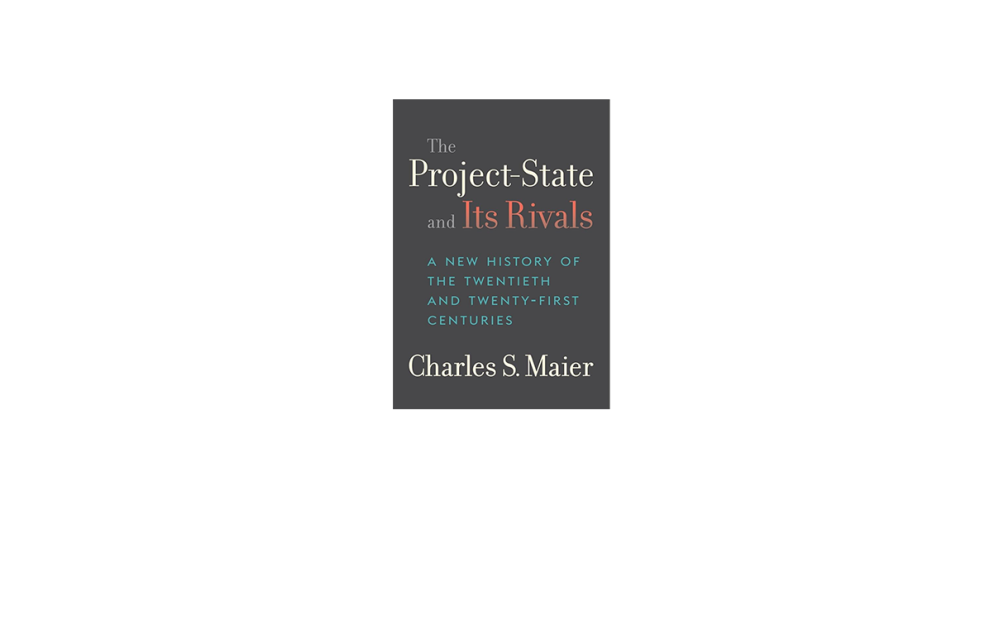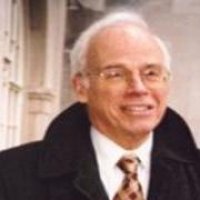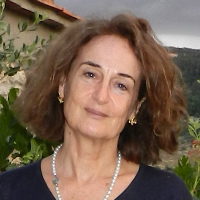The Project-State and Its Rivals: A New History of the Twentieth and Twenty-First Centuries

The Project-State and Its Rivals offers a radical alternative interpretation that takes us from the transforming challenges of the world wars to our own time. Instead of the traditional narrative of domestic politics and international relations, Charles S. Maier looks to the political and economic impulses that propelled societies through a century when territorial states and transnational forces both claimed power, engaging sometimes as rivals and sometimes as allies. Maier focuses on recurring institutional constellations: project-states including both democracies and dictatorships that sought not just to retain power but to transform their societies; new forms of imperial domination; global networks of finance; and the international associations, foundations, and NGOs that tried to shape public life through allegedly apolitical appeals to science and ethics.
Charles S. Maier is Leverett Saltonstall Research Professor of History at Harvard University. A member of the American Academy of Arts and Sciences and of the Council on Foreign Relations, he has written a number of award-winning books, including Recasting Bourgeois Europe, The Unmasterable Past, Dissolution: The Crisis of Communism and the End of East Germany, and Once Within Borders.
The Washington History Seminar is co-chaired by Eric Arnesen (George Washington University) and Christian Ostermann (Woodrow Wilson Center) and is organized jointly by the American Historical Association and the Woodrow Wilson Center's History and Public Policy Program. It meets weekly during the academic year. The seminar thanks its anonymous individual donors and institutional partner (the George Washington University History Department) for their continued support.
Speaker

Leverett Saltonstall Professor of History at Harvard University
Panelist

Hosted By

History and Public Policy Program
A global leader in making key archival records accessible and fostering informed analysis, discussion, and debate on foreign policy, past and present. Read more
